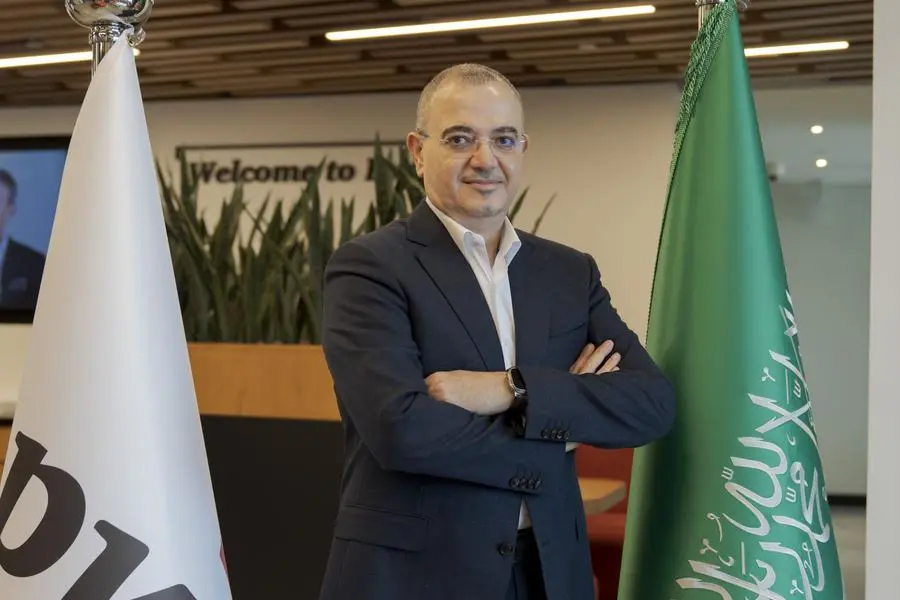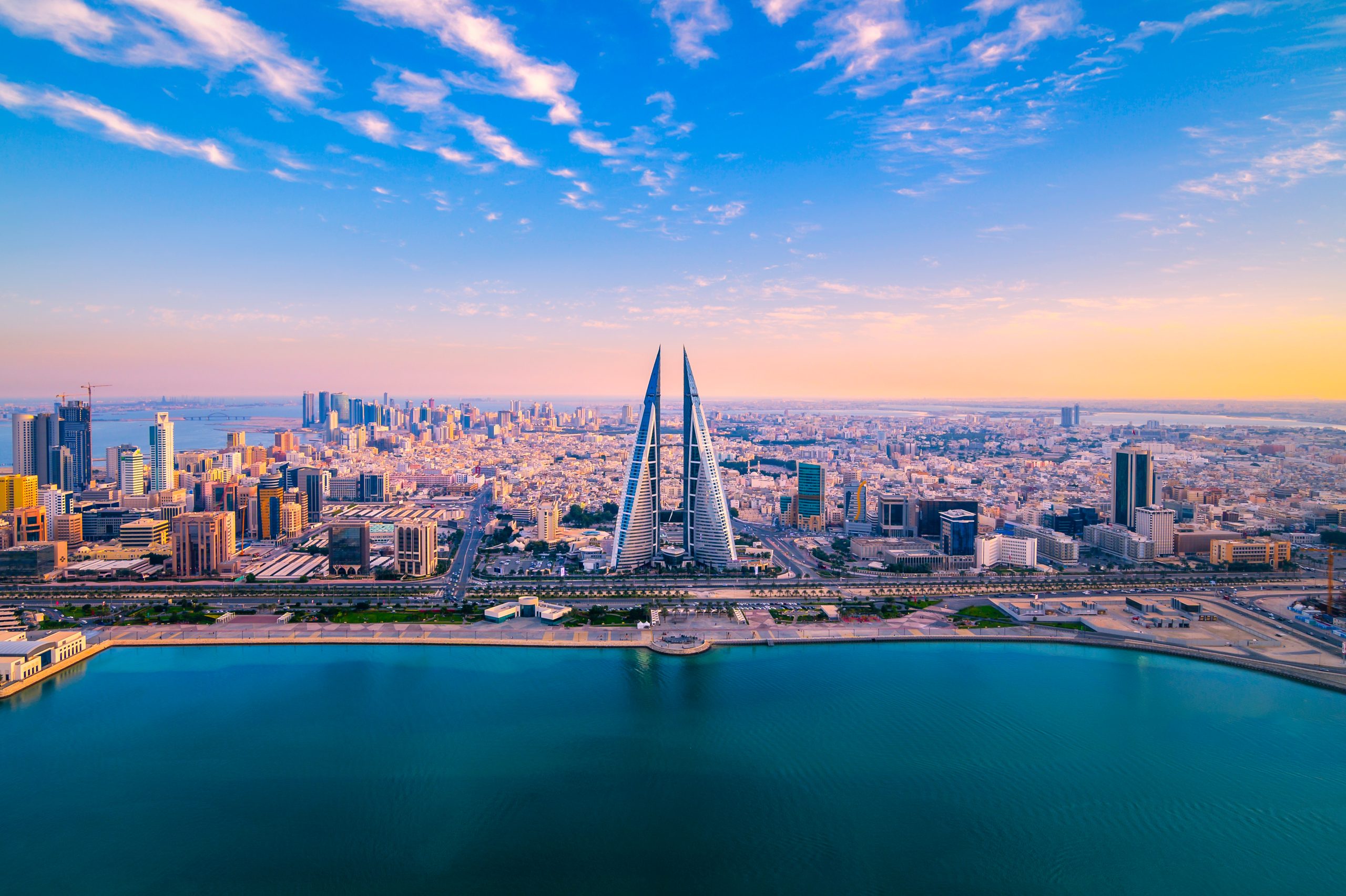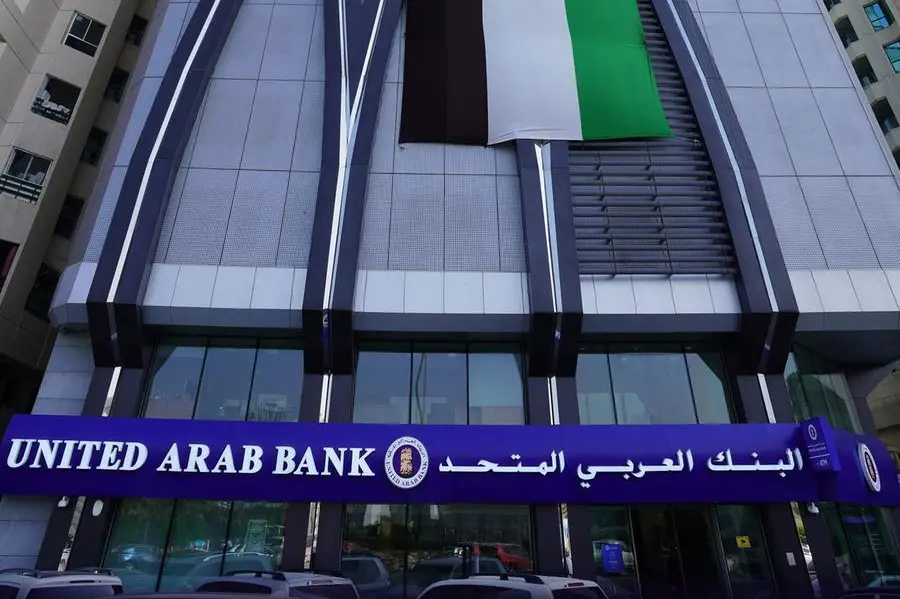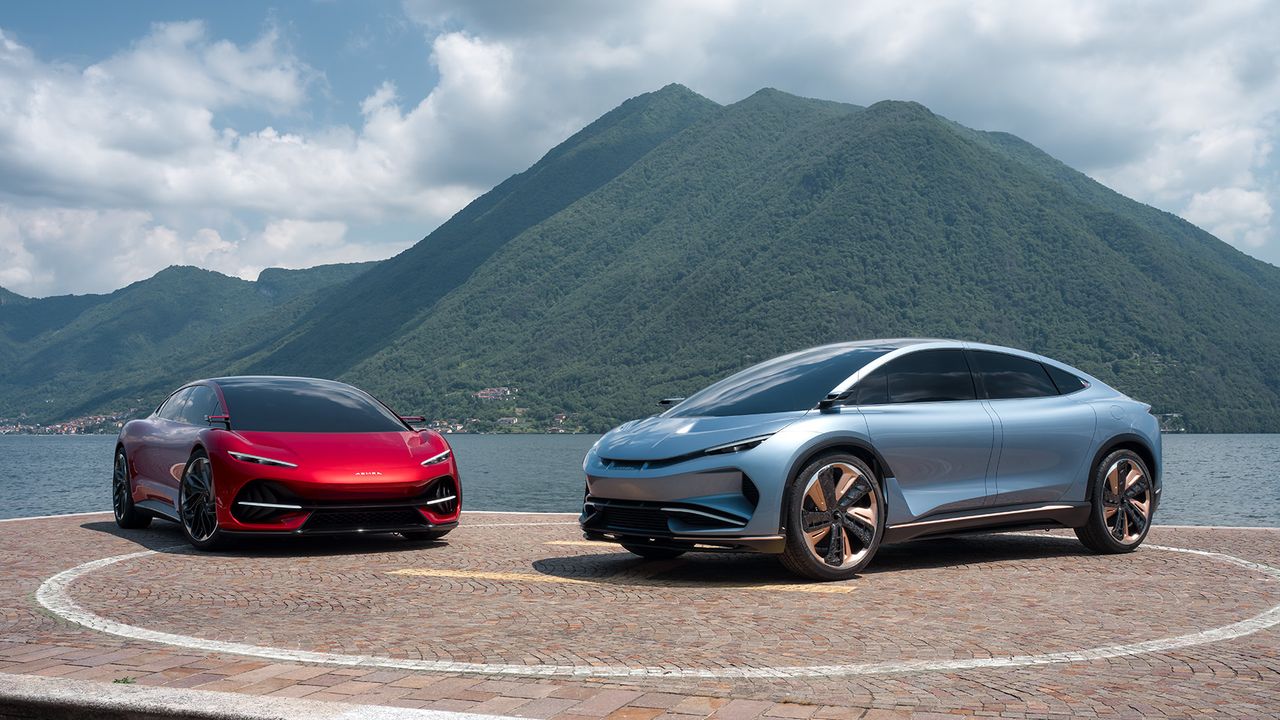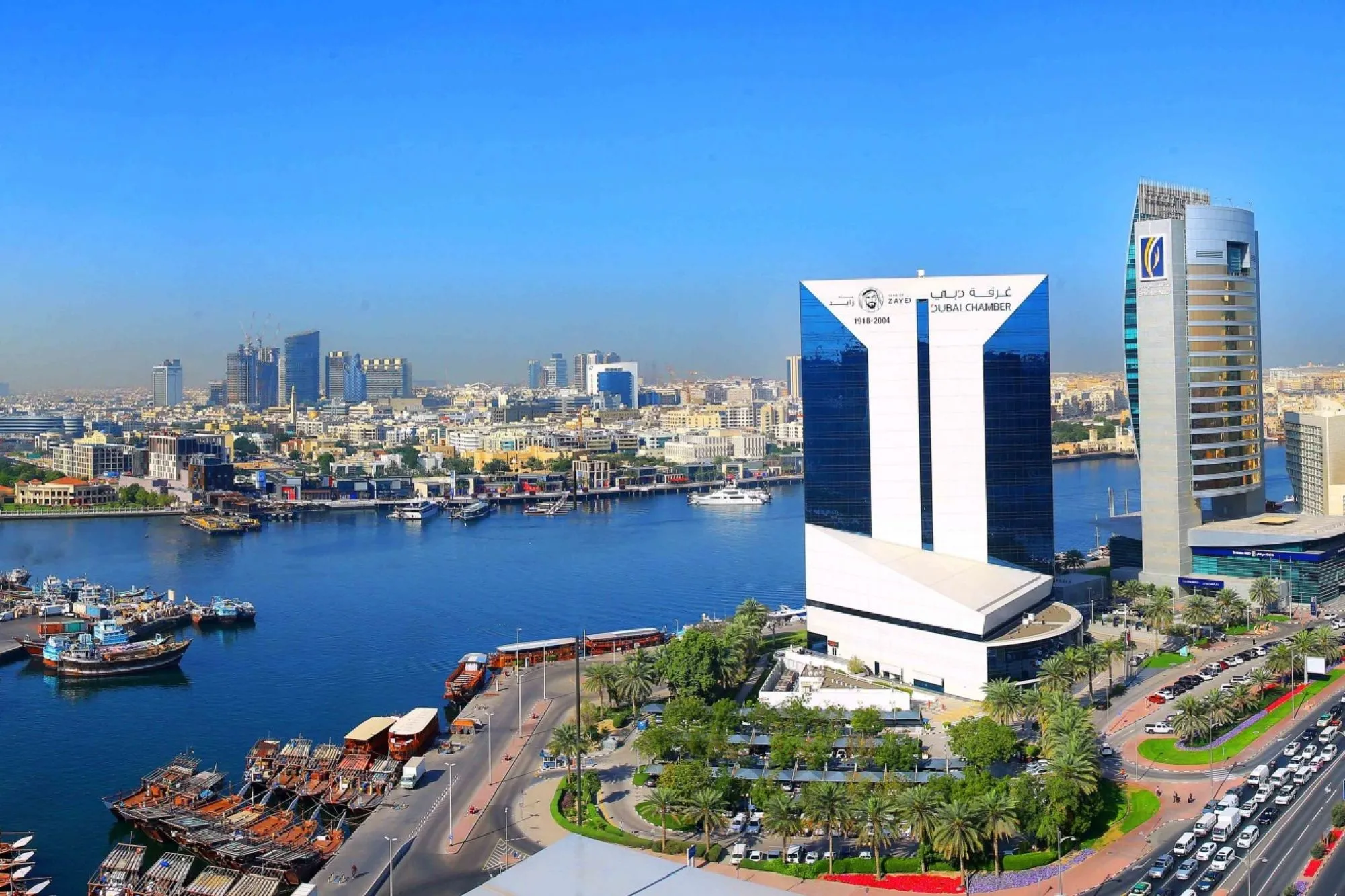CEOs in Saudi Arabia lead with unprecedented optimism and strategic vision for economic growth and AI impact
- Economic powerhouse: Saudi Arabia is one of the world’s fastest growing economies, with GDP values exceeding US$1 trillion in 2022 and 2023, forecasted to reach US$1.3 trillion by 2028
- Heightened optimism: Nearly 89% of CEOs in Saudi Arabia express confidence in the Kingdom’s economic growth potential, surpassing the global average of 44%, Middle East average of 73% and GCC average of 81%
- Innovation: GenAI is seen to significantly impact quality of products, competitive advantage and efficiency in the workplace
- Climate resilience: Saudi Arabia’s CEOs display the highest levels of climate concern (29% vs.15% regionally and 12% globally), indicating a strong focus on climate issues this year.
Riyadh, KSA: New PwC study reveals that CEOs in Saudi Arabia are more confident in the economic growth prospects of the Kingdom in the next 12 months, surpassing global, regional and even their GCC counterparts.
According to PwC’s 27th Annual CEO Survey – KSA findings, a significant 89% of Saudi CEOs, surveyed, are optimistic about the country’s economic growth, compared to 44% globally, 73% in the Middle East and 81% in the GCC. This unparalleled confidence can be largely attributed to the ambitious goals of Vision 2030, which has paved the way for transformative growth. Halfway through the launch of the economic reform plan in 2016 and its target date, the Kingdom has risen in the rankings of global economies to become the 17th largest by size of GDP in 2022. According to the latest media reports coming in at the time of publishing this report, the Kingdom climbed to 16th spot among G20 nations in terms of GDP. Last year, Saudi’s GDP exceeded $1 trillion for the first time and remained above this mark in 2023, with the IMF forecasting growth to US$1.3 trillion by 2028.
More than half of the CEOs (54%) are extremely confident in their company’s revenue growth for the next 12 months (vs 37% globally) and 40% moderately confident (vs 32% globally). 74% have said that they are likely to increase headcounts, given the massive scale of projects that are underway in Saudi Arabia, the positivity around the economic and financial reforms and initiatives.
Commenting on the findings, Riyadh Al Najjar, PwC Middle East Chairman of the Board & KSA Country Senior Partner, said: “There is no doubt that CEOs in Saudi Arabia have confidence in Vision 2030. It has brought about a massive and fast transformation in the country, leading to strong economic growth. The reforms are aimed at reducing oil dependency, diversifying the economy and increasing competitiveness. Moving ahead, we expect business leaders to continue reinventing their businesses to remain agile and sustainable in the long-term.”
The imperative to evolve
CEOs in Saudi Arabia have expressed the imperative to evolve as they explore growth opportunities, with 49% indicating their company won’t be viable in 10 years if they continue on their current path, similar to the global average of 45%.
Partnerships and alliances: Over the last five years, partnerships and strategic alliances have played a crucial role in helping Saudi Arabia navigate a monumental economic shift. This has resulted in new insights, deepening expertise, and strengthening collaborative innovations. In the same period, 54% of the CEOs indicated that government regulations, and 51% revealed supply chain instability, were the top factors that have influenced changes in how their businesses create, deliver and capture value.
Tech transformation: Saudi CEOs believe that technological change (60% vs 56% globally) and customer preference (69% vs 49% globally) will be the primary factors driving significant changes in their business models over the next three years. However, despite the strong need to embrace emerging technologies, CEOs in the Kingdom are concerned about cyber risks, with 40% indicating they were moderately exposed and 20% highly and extremely exposed to such risks in the next 12 months.
Generative AI: More than half of the CEOs (54%) said GenAI will improve the quality of their companies’ products and services. Looking further ahead, in the next three years, 66% indicated that GenAI will significantly change the creation, delivery and capture of value. In Saudi Arabia, 71% of leaders also anticipate that in the next three years, GenAI will require most of the workforce to develop new skills, while an equal number feel it will increase their efficiency and that of their employees. Reflecting on GenAI’s potential to reshape business economics, 66% of CEOs in Saudi have revealed that it will increase revenue, while more than half (57%) said it will increase profitability in the next 12 months.
Climate action: Saudi Arabia shows the highest levels of climate concern (29%) when compared to regional (15%) and global (12%) counterparts. 60% of Saudi CEOs said that they are keen to improve energy efficiency of their businesses. More than half are innovating new climate friendly products, services or technologies, while 43% are incorporating climate risk into financial planning. However, in the last year, 74% of CEOs refused to accept lower returns on climate-friendly investments, while 32% highlighted regulatory complexity and the lack of climate friendly technologies in their sectors as key challenges.
Stephen Anderson, Middle East Strategy Leader at PwC Middle East, added: “Besides the heightened optimism about the future, CEOs in Saudi Arabia also understand the need to evolve to remain agile and viable in the next few years. Strategic partnerships, adoption of technologies, such as GenAI, and a definitive drive to incorporate climate resilience practices in their business models, are all contributing to strengthening their ability to keep pace with rapid transformation.”
Chris Dixon, a partner who led the charge, says he has a ‘very long-term horizon’
Americans now think they need at least $1.25 million for retirement, a 20% increase from a year ago, according to a survey by Northwestern Mutual
Saudi Arabia ranked first among countries for the non-oil exports of national origin with BD201 million (22%)
Bahrain’s non-oil exports of national origin decreased by 6% to BD894 million ($2.37 billion) in Q2 2024 compared to the same period in 2023. The top 10 countries accounted for 64% of the total export value.
According to the Information & eGovernment Authority (iGA) in its Q2 2024 Foreign Trade report, Saudi Arabia was the leading destination for these exports, totaling BD201 million (22%). The US followed with BD75 million (8.4%), and the UAE with BD73 million (8.2%).
Unwrought aluminum alloys were the top exported product in Q2 2024, amounting to BD267 million (30%), followed by agglomerated iron ores and concentrates alloyed at BD159 million (18%) and non-alloyed aluminum wire at BD49 million (5%).
Non-oil re-exports
Non-oil re-exports increased by 4% to reach BD206 million during Q2 2024, compared to BD198 million for same quarter in 2023. The top 10 countries accounted for 86% of the re-exported value. The UAE ranked first with BD58 million (28%) followed by Saudi Arabia with BD39 million (19%) and UK with BD17 million (8%).
As per the report, turbo-jets worth BD65 million (32%) were the top product re-exported from Bahrain, followed by private cars with BD11 million (5%) and four-wheel drive with BD9 million (4%).
The value of non-oil imports has decreased by 4% reaching to BD1.41 billion in Q2 2024 in comparison with BD1.47 billion for same quarter in 2023. The top 10 countries for imports recorded 68% of the total value of imports.

China Bahrain’s biggest importer
China ranked first for imports to Bahrain, with a total of BD191 million (14%), followed by Brazil with BD157 million (11%) and Australia with BD112 million (8%).
Non-agglomerated iron ores and concentrates were the top product imported to Bahrain worth BD200 million (14%), followed by other aluminum oxide with BD101 million (7%) and parts for aircraft engines with BD41 million (3%).
As for the trade balance, which represents the difference between exports and imports, the deficit logged was BD310 million in Q2 2024 compared to BD322 million in Q2 2023.
Chris Dixon, a partner who led the charge, says he has a ‘very long-term horizon’
Americans now think they need at least $1.25 million for retirement, a 20% increase from a year ago, according to a survey by Northwestern Mutual









